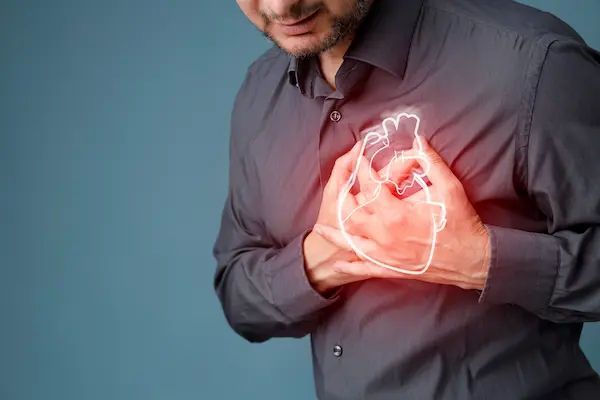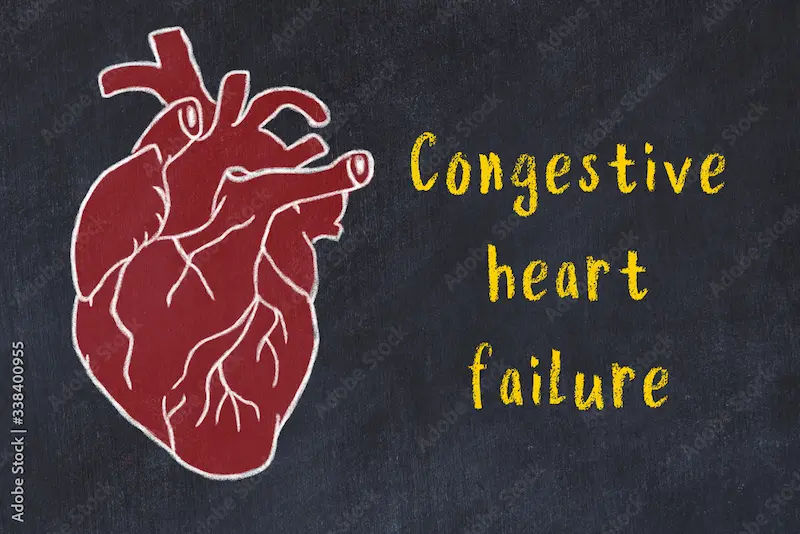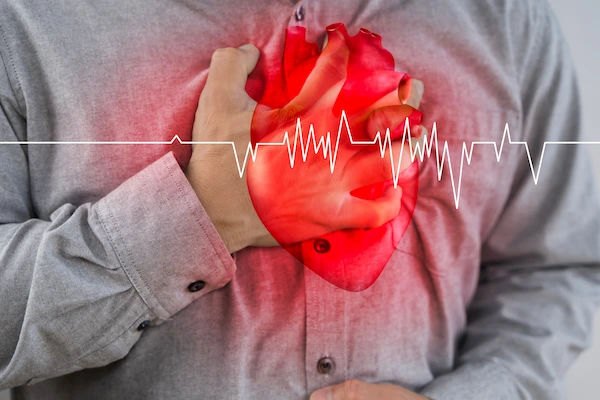- female
- 30 Years
- 22/01/2025
I've been having a really hard time with my sleep schedule. I tend to crash around 7 or 8 in the evening and can barely stay up past 9 p.m. It's like my body just shuts down after dinner, and I'm struggling to understand why this is happening. On top of that, I'm experiencing some other weird stuff. Whenever I sit down or stand up quickly, my heart starts racing like crazy, and it also happens if I suddenly fall onto the bed. I've heard of postural orthostatic tachycardia syndrome and anxiety symptoms, and I know they can cause things like this, along with heavy sweating and really dry skin. But even after trying anxiety meds, nothing seems to change. What could be going on with me? Any ideas?
Answered by 1 Apollo Doctors
It sounds like you may be experiencing symptoms of postural orthostatic tachycardia syndrome (POTS). POTS is a condition characterized by an abnormal increase in heart rate that occurs after sitting up or standing. The symptoms you described, such as racing heart when changing positions, feeling tired in the evening, and sweating, can be associated with POTS. For the symptoms of POTS, you can try increasing your fluid and salt intake, wearing compression stockings, and doing exercises to improve blood flow. Additionally, medications like midodrine or fludrocortisone may be prescribed to help manage your symptoms. It is important to consult with a healthcare professional for a proper diagnosis and treatment plan.
Dr. Dr Khaleel Suggests...
Consult a Cardiologist
Answered 04/07/2025
0
0

More Cardiology Health Queries
View allI've noticed my pulse has been over 100, around 115, for the past two days. Is this something I should be worried about? What could be causing this, and how can I get back to a normal pulse rate?
A pulse rate of over 100 beats per minute is considered to be higher than normal (tachycardia). There are several possible causes for this, including stress, anxiety, dehydration, fever, anemia, thyroid issues, or certain medications. It is important to monitor your pulse rate and consult with a healthcare professional for further evaluation. In the meantime, you can try to relax, stay hydrated, and avoid stimulants like caffeine. If the high pulse rate persists or if you experience any other concerning symptoms, please seek medical advice promptly.
Answered by 1 Apollo Doctors
I've been experiencing some pin-point pain in my chest lately, and it's kind of worrying me. It happens at different spots, like sometimes it's in the center, other times on the left or right side. The pain doesn't last long, maybe just 3 or 4 seconds, but it's accompanied by a burning sensation sometimes too. Could you help me understand what's going on?
Aciloc 150mg and Digene Syrup_ 1. _Aciloc 150mg_: Ranitidine, the active ingredient in Aciloc, is an H2 receptor antagonist that reduces stomach acid production. 2. _Digene Syrup_: Digene is an antacid and anti-flatulent medication that helps neutralize stomach acid and relieve symptoms of indigestion. 3. _Combination therapy_: Taking Aciloc 150mg before meals and Digene Syrup after meals may help alleviate symptoms of indigestion and acid reflux. _Pantocid 40mg vs. Ranitidine_ 1. _Pantocid 40mg_: Pantoprazole, the active ingredient in Pantocid, is a proton pump inhibitor (PPI) that reduces stomach acid production. 2. _Ranitidine_: Ranitidine is an H2 receptor antagonist that reduces stomach acid production. 3. _Comparison_: Pantocid 40mg (Pantoprazole) is generally considered more potent and longer-acting than Ranitidine. However, the choice between the two medications depends on individual factors, such as the severity of symptoms, medical history, and potential interactions with other medications. _Recommendations_ 1. _Consult a healthcare professional_: Schedule an appointment to discuss your symptoms and determine the best course of treatment. 2. _Follow prescribed dosage_: Adhere to the recommended dosage and administration instructions for Aciloc 150mg and Digene Syrup. 3. _Monitor symptoms and side effects_: Keep track of your symptoms and any side effects experienced while taking these medications.
Answered by 1 Apollo Doctors
I'm worried that my anxiety might be causing my blood pressure to increase. Its been six months, and while I dont feel as anxious now, I still feel a strong pulse all overchest, fingers, head, neck, legs, everywhere. Its really affecting my life! Ive tried everythingeating better, exercising, meditatingand nothing helps. My blood pressure and pulse are still the same. I even tried magnesium, but no change. I'm really scared about the side effects of anxiety and blood pressure meds. If this is anxiety, how long will it take to go away? What should I do?
It sounds like you may be experiencing symptoms of anxiety that are affecting your blood pressure and pulse. To help manage these symptoms, you can try taking Propranolol (Inderal) at a low dose of 10-20mg once or twice daily. Propranolol is a beta-blocker that can help reduce the physical symptoms of anxiety such as a bounding pulse. Additionally, for anxiety relief, you can consider taking Escitalopram (Lexapro) at a dose of 10mg daily. Escitalopram is a selective serotonin reuptake inhibitor (SSRI) that can help alleviate anxiety symptoms. It is important to note that the duration for anxiety to be cured varies from person to person. With medication and therapy, many individuals see improvement in their symptoms within a few weeks to a few months. It is recommended to continue with the prescribed treatment plan and follow up with your healthcare provider for monitoring and adjustments as needed.
Answered by 1 Apollo Doctors
Disclaimer: Answers on Apollo 247 are not intended to replace your doctor advice. Always seek help of a professional doctor in case of an medical emergency or ailment.

.webp)



